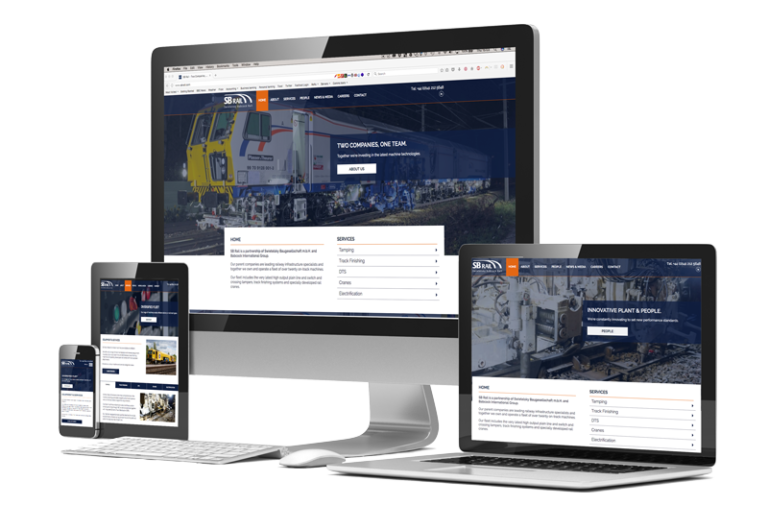Embrace the Future of Data Insights: Google Analytics 4 Replaces Universal Analytics
In the world of digital marketing and website analytics, staying ahead of the curve is crucial. Businesses rely on data-driven insights to make informed decisions, optimize their online presence, and drive growth. With the rapid evolution of technology, it comes as no surprise that Google has introduced a new and improved version of its analytics platform. On July 1, Google Analytics 4 (GA4) will officially replace Universal Analytics (UA), the older version. This blog explores the significance of this transition and why businesses should mark their calendars for this momentous event.
Understanding the Transition: Universal Analytics has been the go-to platform for businesses to measure website traffic, user behavior, and campaign effectiveness for nearly a decade. However, as the digital landscape evolved, new challenges and requirements emerged. GA4 has been introduced to address these challenges and provide a more comprehensive and future-proof analytics solution.
Enhanced Data Collection and Analysis: GA4 offers a more advanced and flexible approach to data collection and analysis. Unlike its predecessor, it leverages the power of machine learning to provide deeper insights into user behavior across different platforms, including websites, mobile apps, and even offline interactions. With GA4, businesses can gain a holistic view of customer interactions and better understand their journey from discovery to conversion.



Customer-Centric Measurement: One of the most significant advantages of GA4 is its customer-centric approach to measurement. Instead of relying solely on cookies and sessions, GA4 introduces a user-centric model that focuses on individual users across multiple devices and touchpoints. This shift enables businesses to gain a better understanding of customer behavior and engagement, leading to more personalized marketing strategies and improved user experiences.
Streamlined Event Tracking: Event tracking plays a crucial role in understanding user interactions and conversions. GA4 simplifies event tracking by using an event-driven data model. It allows businesses to define and track specific actions and events that matter most to their goals. This flexibility empowers marketers to measure and analyze custom events without extensive coding knowledge, providing valuable insights for campaign optimization.

Privacy and Data Governance: In recent years, privacy concerns have become a central focus for businesses and users alike. Recognizing this, GA4 is designed with privacy in mind. It aligns with evolving privacy regulations and empowers businesses to ensure compliance with data governance policies. GA4’s advanced features, such as data deletion controls and enhanced consent management, help businesses maintain transparency and build trust with their customers.
Seamless Integration with Google Products: As part of the Google Marketing Platform, GA4 seamlessly integrates with other Google products, such as Google Ads and Google Data Studio. This integration enables marketers to gain a comprehensive view of their marketing efforts, measure campaign performance, and optimize their strategies more efficiently. The unified data ecosystem provided by GA4 allows businesses to unlock the full potential of their digital marketing initiatives.
As the digital landscape continues to evolve, it’s essential for businesses to adapt and embrace new technologies. With Google Analytics 4 replacing Universal Analytics, businesses have an opportunity to leverage advanced analytics capabilities and gain deeper insights into user behavior. By marking their calendars for July 1, businesses can ensure a smooth transition to GA4 and start harnessing the power of customer-centric measurement, streamlined event tracking, and privacy-focused analytics. Embrace the future of data insights and empower your business to thrive in the digital age.







